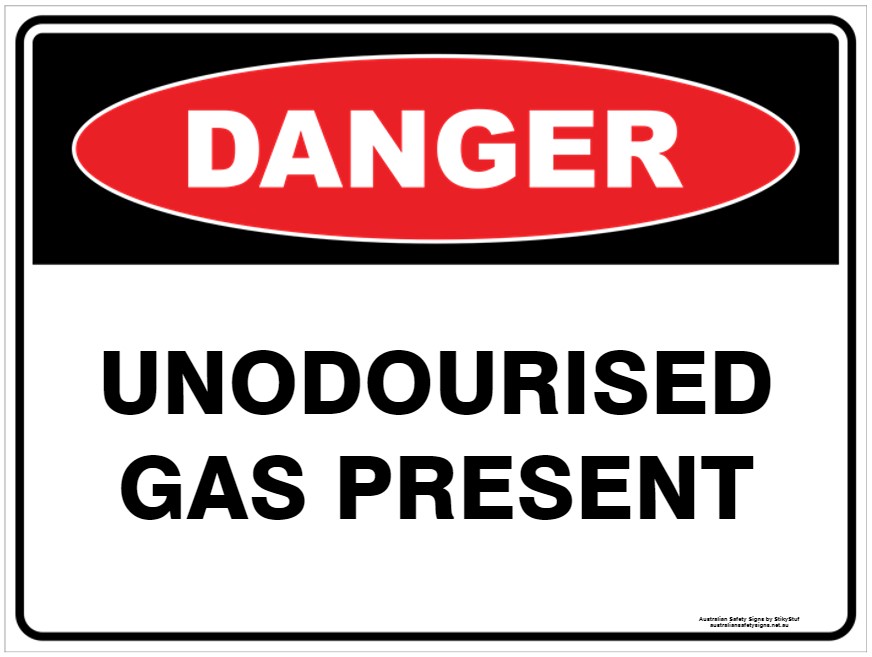Lithium Oil and Gas employs appropriately qualified persons who can conduct unodourised gas assessments.
Contact us today to find out more.
Odourants are added to fuel gas to provide a distinct and unpleasant odour, making the presence of gas detectable by the public and consumers. While the sense of smell should not be the primary method for detecting gas leaks and hazardous chemicals, it can offer some warning to nearby workers in certain situations. Without additional gas detection equipment, unodourised gas leaks may go unnoticed by staff.
Storing Unodourised Gas
The risks associated with storing and using unodourised gas can be mitigated through the following control measures:
- Minimise Storage and Handling: Keep the storage and handling of unodourised gas to a minimum, and restrict its use to situations where no less hazardous alternative is available.
- Ventilation and Access Control: Ensure the storage and handling area is well-ventilated, or use a room designed for this purpose with explosion ventilation, or store the gas in the open. Access to these areas should be restricted to essential personnel.
- Gas Detection Equipment: Install gas detection equipment in areas where an explosive atmosphere could develop. This equipment should provide an automatic alarm before dangerous levels of gas are reached, allowing for immediate action. The gas detector should emit an audible sound and have a visual display that is immediately apparent to nearby workers and operators.
These measures help ensure the safety of personnel and the environment when dealing with unodourised gas.

Guidelines for Supplying Unodourised Gas in Queensland
To ensure public safety in Queensland, fuel gas is typically odourised with specific concentrations of an odourant, providing a distinct and unpleasant smell that makes the presence of gas easily detectable. Under the Petroleum and Gas (Production and Safety) Act 2004, fuel gas suppliers in Queensland must:
- Add the prescribed odourant to the gas, or
- Supply gas only to industrial installations equipped with gas detectors and automatic shut-down systems, provided these installations have been assessed as safe by a qualified person through a risk analysis.
Queensland Legislation
Section 628 of the Petroleum and Gas (Production and Safety) Act 2004
628 Odour Requirement
- A person must not supply fuel gas to a consumer unless:
- (a) The gas has the prescribed odour; or
- (b) The gas is supplied to an industrial installation with suitable gas detectors and shut-down systems, and a risk analysis conducted by a qualified person has deemed the supply safe.
- Even when supplying fuel gas under subsection (1)(b), an inspector retains the authority to issue a dangerous situation direction requiring the gas to have the prescribed odour.
- In this section, an “appropriately qualified person” is defined as someone who:
- (a) Is independent of the fuel gas supplier; and
- (b) Is deemed by the chief inspector to:
- (i) Have the necessary qualifications; and
- (ii) Have access to the information needed to perform the risk analysis.
Section 628 particularly pertains to the supply of unodourised gas to another party, such as supplying fuel gas to a power station owned by a different entity.
Appropriately Qualified Person in Queensland
An appropriately qualified person is someone who is independent of the fuel gas supplier and has been assessed by the Chief Inspector, Petroleum and Gas, to be appropriately qualified. Additionally, the person undertaking the risk analysis must have access to the necessary information to demonstrate that the supply of fuel gas is safe. Lithium Oil and Gas employs appropriately qualified persons who can conduct these assessments.
